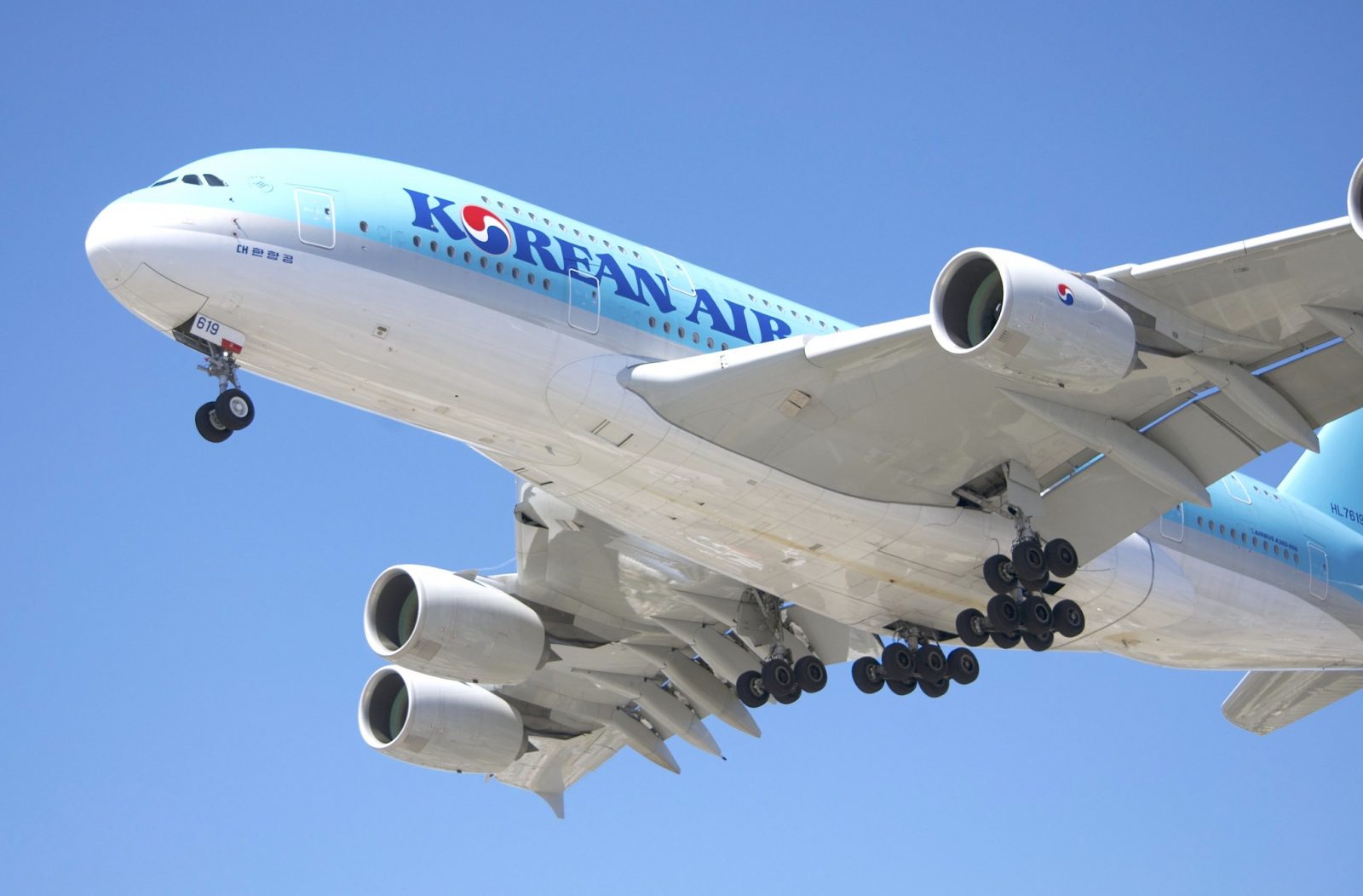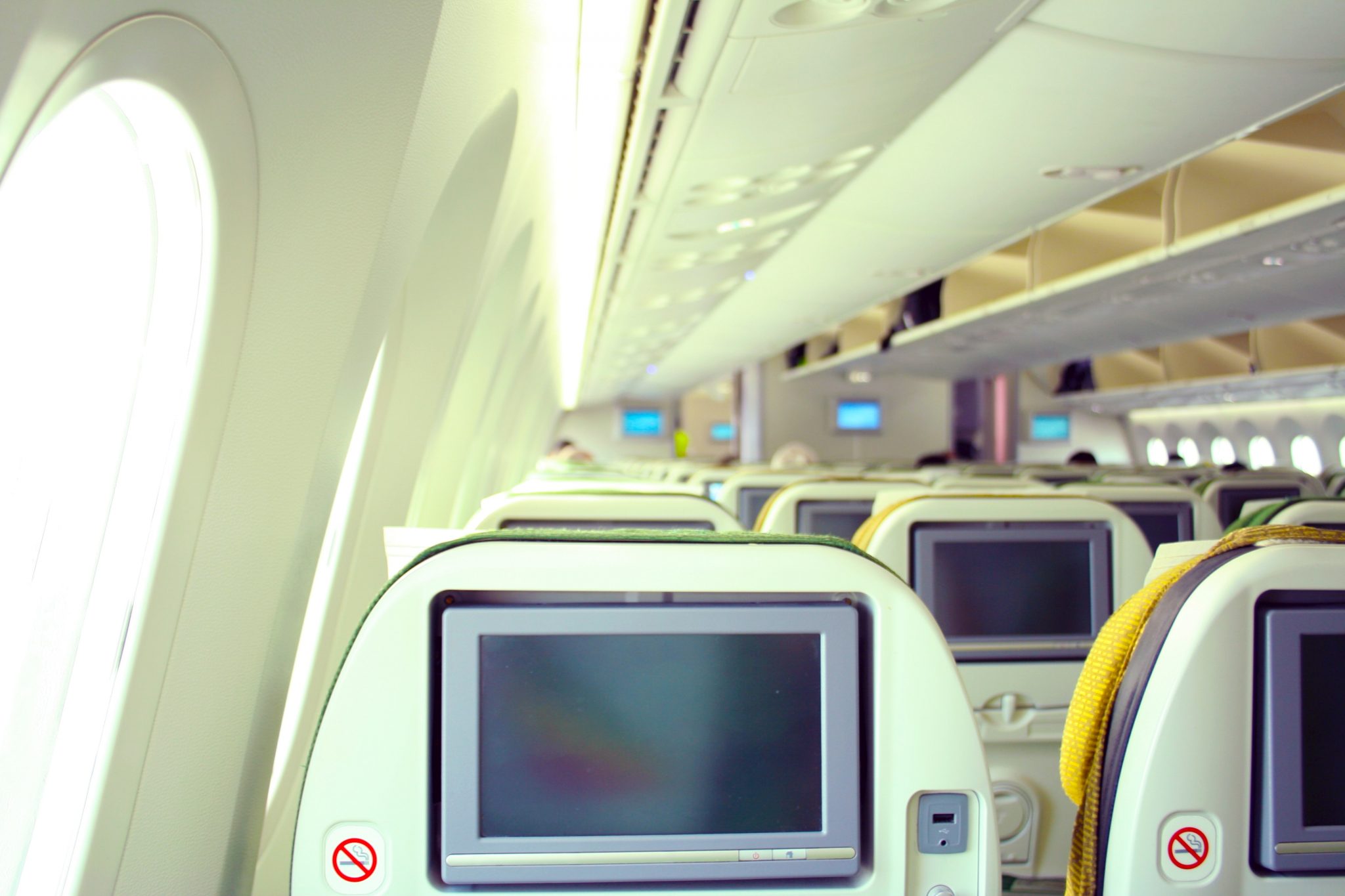
Everyone knows you’re not allowed to smoke onboard an airplane, right? In fact, the mere thought of lighting up a cigarette in-flight has been banned by many countries for decades now (apart from China – more on that later). Violators face possible arrest, hefty fines and at the most extreme end, even imprisonment if it’s proved they put the safety of the aircraft at risk.
Not that those threats put everyone off. Whether it’s ignorance or a complete disregard for the rules, some committed smokers still try to partake in their anti-social habit. Blocking the lavatory smoke detector is a favourite tactic to avoid detection while it’s not unknown for some passengers to simply try lighting up in their seat.
Luckily the message has got through to the majority of smokers but, as always, there are some passengers who obviously think the rules don’t apply to them. Despite the number of incidents steadily decreasing year by year, Korean Air has clearly had enough – threatening to hand over any violator to local law enforcement no matter what the circumstances.
One of the airline’s biggest concerns has been the rise of e-cigarettes – for some reason, passengers don’t think smoking an e-cigarette counts despite repeated warnings that, yes, they really are banned. According to Korean Air, it estimates that 34 per cent of e-cigarettes taken onboard its aircraft last year were smoked by passengers.
Worryingly, while the total number of smoking incidents have dropped by over 21 per cent in just two years, the number of e-cigarette incidents have risen by over 50 per cent in just 12-months. It’s becoming so common, that Korean Air reports that more and more passengers think it’s acceptable to smoke an e-cigarette in their seat.

“The smoke detector attached to the airplane’s toilet does not only detect regular cigarette smoke, but also that of e-cigarettes,” a Korean Air spokesperson said.
The spokesperson went on to say that any type of smoking (including e-cigarettes) “seriously undermines the safety of the aircraft and is harmful to the health of passengers.”
And you probably wouldn’t want to disobey a Korean Air flight attendant. In response to several disruptive passenger incidents, cabin crew at the Seoul-based airline were trained in the use of Taser stun guns in 2016. In just over a year of its introduction on flights, the airline admitted that Taser’s had been used on five unruly passengers
Earlier this month, the head of the largest flight attendants union in the United States suggested that e-cigarettes should be completely banned from airplanes. E-cigarettes are already banned from the cargo hold because of the risk of the Lithium-ion battery used to power the devices igniting in-flight.
According to CBS News and the FAA, there have been at least 48 e-cigarette related smoke or fire incidents at U.S. airports or on planes since 1991.
But while many passengers have had years to get used to in-flight smoking bans, the idea of airplanes being smoke-free zones is relatively new in China. The country only outlawed the practice in 2017 and even that ban came with a loophole that allowed pilots and cabin crew to continue smoking in the flight deck on domestic flights.
Several high-profile incidents, however, eventually led to the Civil Aviation Administration of China issuing a notice in January that also banned flight deck smoking. Violaters face being banned from flying for at least 12-months.
Mateusz Maszczynski honed his skills as an international flight attendant at the most prominent airline in the Middle East and has been flying ever since... most recently for a well known European airline. Matt is passionate about the aviation industry and has become an expert in passenger experience and human-centric stories. Always keeping an ear close to the ground, Matt's industry insights, analysis and news coverage is frequently relied upon by some of the biggest names in journalism.







